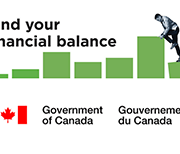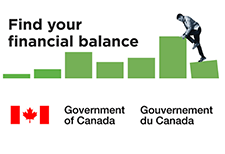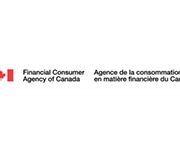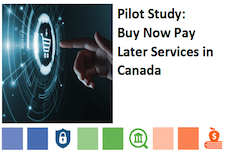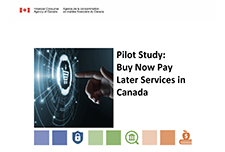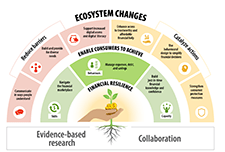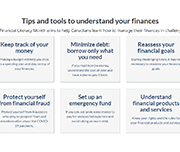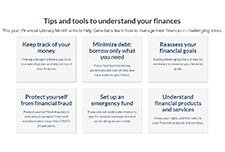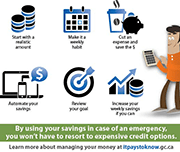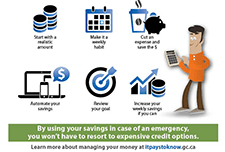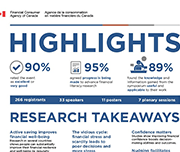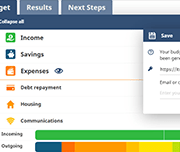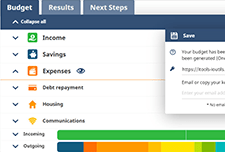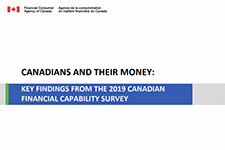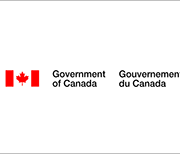Le français suit l’anglais.
As of June 30, 2022, banks will be required to send electronic alerts to their customers to help them manage their finances and avoid unnecessary fees. Some banks have already started sending these alerts to their customers. The electronic alerts are part of the new and enhanced protections in Canada’s Financial Consumer Protection Framework (the Framework) that comes into effect on June 30, 2022.
To inform Canadians about electronic alerts and their benefits, the Financial Consumer Agency of Canada (FCAC) published new consumer information on electronic alerts, developed an infographic, and prepared social media content that you can use on your own social media channels.
Under the Framework, banks will be required to:
- disclose key information to help their customers make timely and informed decisions
- provide customers with more timely complaint-handling services
- offer and sell products or services to customers that are appropriate for their circumstances
- respect new rules to avoid misleading customers or applying undue pressure on customers when selling them products and service
À compter du 30 juin 2022, les banques seront tenues d’envoyer des alertes électroniques à leurs clients afin de les aider à gérer leurs finances et à éviter de payer inutilement des frais, ce que certaines ont déjà commencé à faire. Ces alertes font partie des mesures de protection nouvelles ou améliorées prévues dans le Cadre de protection des consommateurs de produits et services financiers du Canada (le Cadre) qui entre en vigueur le 30 juin 2022.
Pour informer les Canadiens et les Canadiennes à propos des alertes électroniques et de leurs avantages, l’Agence de la consommation en matière financière du Canada (ACFC) a publié de nouveaux renseignements à ce sujet pour les consommateurs. Elle a également créé une infographie et préparé du contenu pour les réseaux sociaux que vous pouvez utiliser dans vos propres comptes de médias sociaux.
En vertu des dispositions du Cadre, les banques seront tenues :
- de communiquer aux consommateurs des renseignements importants pour les aider à prendre des décisions éclairées en temps opportun;
- de fournir à leurs clients des services plus rapides de traitement des plaintes;
- de veiller à ce que les produits et services qu’elles offrent ou vendent à leurs clients leur conviennent, compte tenu de leur situation;
- de respecter de nouvelles règles de protection des consommateurs afin d’éviter de leur fournir des renseignements trompeurs ou d’exercer des pressions indues sur eux lorsqu’elles leur offrent ou leur vendent des produits et services.

